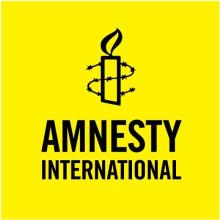Resource information
The violent struggle to control territory for economic, military and political reasons, coupled with high levels of rural poverty and the high concentration of land ownership among relatively few owners, has been one of the root causes of Colombia’s 50-year-old internal armed conflict. There has been an insatiable appetite amongst numerous actors in Colombia to gain and maintain control over land deemed critical to their varying interests. These actors include the security forces and paramilitaries (either acting alone or in collusion with each other), guerrilla groups, some political and business elites in the regions, drug traffickers and other criminal enterprises.
This has had a devastating impact on the millions of Colombians who traditionally rely on land for their survival, especially Indigenous, Afro-descendant and peasant farmer communities. It has led to the forced displacement of almost 6 million people – nearly 13% of Colombia’s population and one of the highest displacement levels in the world and the illegal acquisition of around 8 million hectares of land, some 14% of Colombia’s territory.
Most of those forcibly displaced in the course of the conflict had an association with the land from which they were forced to flee, in that they owned it or had customary rights over it, worked on it individually or communally, or had tenure or possession over it.
Large-scale infrastructure developments and the agro-industrial, agro-fuel and extractive industries, both domestic and international, have frequently benefited from forced displacement and land grabs, through the removal of communities from strategic areas earmarked for exploitation. This displacement has been primarily carried out by paramilitaries often operating in collusion with state security forces. Guerrilla forces have also threatened and killed civilians in the context of exploiting particular economic resources, often driving people from their lands as a consequence.
This report provides a summary of the national and international legal human rights framework that should be underpinning the efforts of the Colombian state to return illegally acquired land to its rightful occupants and examines in detail the many obstacles that land claimants are still facing in their struggle to return home in a sustainable manner.



